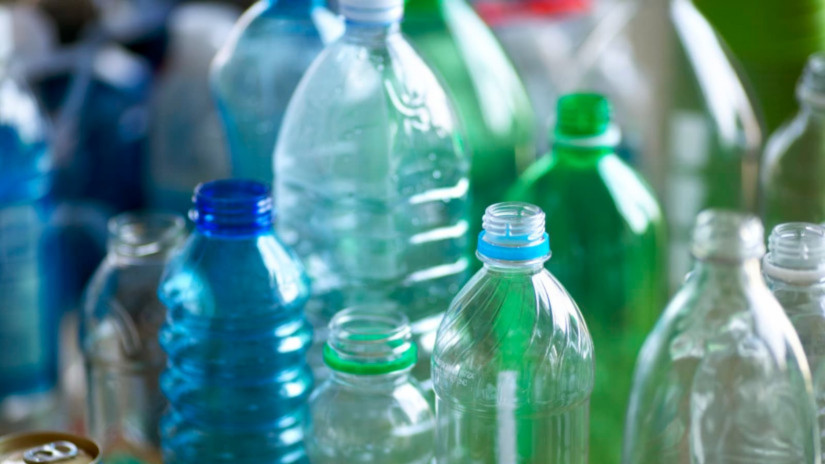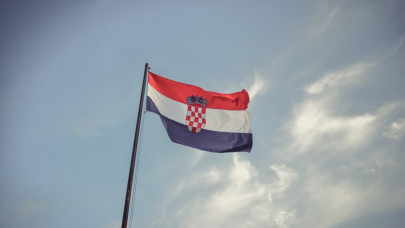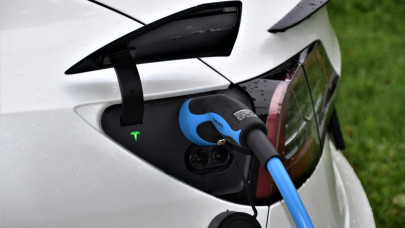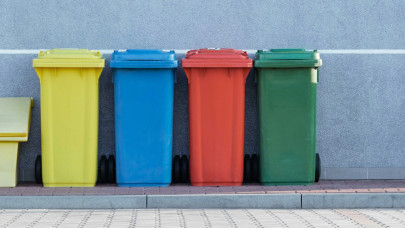Reducing packaging quantities and restricting certain types of packaging
The rules were provisionally agreed with the Council and include objectives to reduce packaging quantities (by 5% by 2030, 10% by 2035, and 15% by 2040), as stated in the European Parliament's press release.
EU Member States will be obliged to particularly reduce the quantity of plastic packaging waste. To reduce unnecessary packaging, the text sets a maximum proportion of 50% for space in grouped transport or e-commerce packaging. Manufacturers and importers will also need to ensure that the weight and volume of packaging are minimized.
Certain types of single-use plastic packaging will be banned starting from January 1, 2030. These include packaging for fresh unprocessed fruits and vegetables, packaging for food and drinks served and consumed in cafes and restaurants, individual portions (such as spices, sauces, coffee milk, and sugar), miniature packaging for hotel hygiene products, and very thin plastic carrier bags (under 15 microns).
To prevent adverse health effects, the text prohibits the use of so-called "forever chemicals" (perfluoroalkyl and poly-fluoroalkyl substances, or PFAS) above certain limits in packaging that comes into contact with food.
Consumers are encouraged to reuse or refill packaging.
Specific reuse targets for 2030 are provided for packaging used for alcoholic and non-alcoholic beverages (with some exceptions such as milk, wine, flavored wine, or spirits), transport packaging, sales packaging, and grouped packaging. Under certain conditions, Member States may grant a five-year derogation from these requirements.
Final distributors of packaged beverages and food will be required to offer consumers the option to use their container and to try to offer for sale 10% of their products in a reusable packaging format by 2030.
Recyclable packaging, improved waste collection, and recycling
According to the new regulations, all packaging (except those made of lightweight wood, cork, textiles, rubber, ceramics, porcelain, and wax) will need to be recyclable by meeting strict criteria.
The measures also include minimum targets for the recycled content of plastic packaging and minimum recycling targets based on the weight of packaging waste.
By 2029, 90% of single-use plastic and metal beverage containers (up to three liters) must be separately collected (through deposit-return systems or other solutions ensuring the collection objective).
"For the first time in environmental legislation, the EU sets packaging reduction targets regardless of the material used. The new rules encourage innovation and include exemptions for micro-enterprises. Banning forever chemicals in food packaging is a major victory for the health of European consumers. We now call on all industrial sectors, EU countries, and consumers to contribute to the fight against excessive packaging," said rapporteur Frédérique Ries (Renew, Belgium), according to the source.
For the agreement to enter into force, the Council must officially approve it.
In 2018, the packaging market generated a turnover of 355 billion euros in the EU. These represent an increasingly significant source of waste; the EU total increased from 66 million tons in 2009 to 84 million tons in 2021. Europeans generated 188.7 kg of packaging waste per person in 2021, a figure expected to rise to 209 kg by 2030 if additional measures are not taken.
By adopting this legislation, the Parliament responds to citizens' expectations of building a circular economy, avoiding waste generation, gradually phasing out unsustainable packaging, and reducing the use of single-use plastic packaging. These expectations are reflected in the conclusions of the Conference on the Future of Europe, proposals 5 points 1, 3, 4, and 5, proposal 11 points 1 and 4, and proposal 20 points 3.













